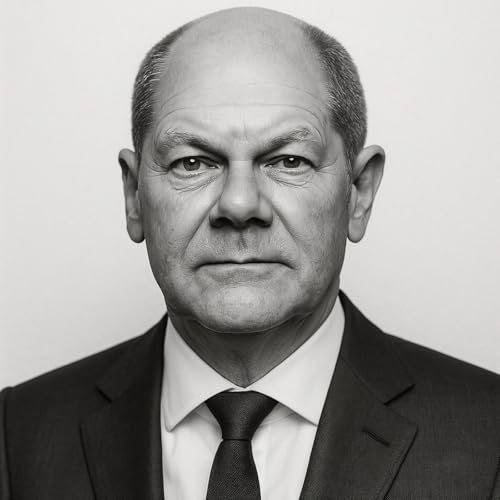Olaf Scholz’s recent days have seen his biography cast in a distinctly post-chancellorship light, yet his influence and the ripples of his era are front and center in German and European political discourse. Just this week, Brussels Signal drew a sharp comparison between current Chancellor Friedrich Merz’s faltering popularity and Scholz’s own tenure, underscoring that, even in Scholz’s first 100 days, satisfaction with his leadership significantly outpolled current sentiment for Merz. That kind of retrospective approval has been echoing in political chatter, with many commentators and social media users openly nostalgic for Scholz’s steadier, if sometimes criticized, leadership style. It is a telling note: Scholz’s governance is increasingly invoked as a reference point—often a benchmark—for judging the turbulence that’s followed his exit.
On the policy front, there’s growing conversation around defense and security legacy issues left unresolved in Scholz’s era. According to Euronews, the legislative gridlock that delayed reforms for defending German skies against drones—an urgent issue as Russian espionage threats rise—can be traced back to failed amendments proposed by Scholz’s government. Security experts and several Green politicians are now openly discussing these missed opportunities, noting that Scholz’s drafts did not go far enough to protect critical infrastructure or clarify military responsibilities, leaving the present government playing catch-up.
Economically, Scholz’s coalition is being referenced again as Germany’s newly finalized $588 billion budget for 2025 moves forward. As Global Banking and Finance Review and Von News highlight, the current finance debates address consequences of the provisional budget that was necessitated after Scholz’s government collapsed last November. This context frames ongoing parliamentary wrangling: Scholz is indirectly present as lawmakers cite his administration’s economic shortfalls and achievements in justifying record investment and defense spending.
On the international stage, Scholz’s participation in the World Economic Forum’s 2025 Annual Meeting has resurfaced in both financial and diplomatic news. According to the World Economic Forum, Scholz was among a handful of global leaders to stress the necessity of unity, multilateral trade, and international resilience. His remarks from that summit continue to circulate in editorial columns assessing Germany’s international posture, and several clips have seen renewed life on platforms like X, fueling debate about his diplomatic legacy.
While Scholz himself has maintained a relatively low personal public profile, his name continues to trend in German political Twitter and X discussions related to current budgetary debates and security law reforms, with commentators, supporters, and critics using the hashtag #ScholzEra to signal both praise and critique. No major personal public appearances or business activities have been reported in the past 72 hours, and there are no indications of new financial ventures or advisory roles.
All in all, in a week dominated by budget headlines, security anxieties and political comparisons, Olaf Scholz is very much in the biographical spotlight not through direct action but through the enduring resonance—and ongoing debate—about his time in power. Thanks for listening to Olaf Scholz Biography Flash. Be sure to subscribe so you never miss an update on Olaf Scholz, and if you want more great biographies, just search the term Biography Flash.
Some great Deals https://amzn.to/4mMClBv
For more check out http://www.quietplease.ai
続きを読む
一部表示
 4 分
4 分 4 分
4 分 8 分
8 分 2025/09/062 分
2025/09/062 分
